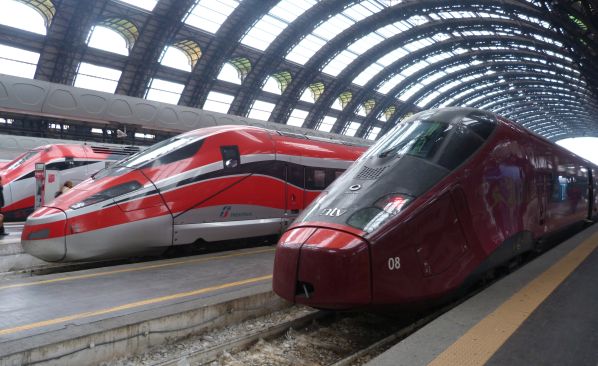Shares in both companies rose on January 22 following the news. Alstom’s share price soared to a 52-week high of €46.42, while Bombardier’s share price reached a peak of $C 1.44 ($US 1.09) before dropping back to close at $C 1.28. However, this represents a small recovery for Bombardier which saw its share price plummet from $C1.79 on January 15 to a low of $C 1.12 on January 17 following its announcement of worse than expected financial performance on January 16.
Bombardier, which is headquartered in Montreal, has gone through a period of restructuring during the last few years, mainly due to problems with its aircraft business. This resulted in it divesting a large part of the aircraft business and selling a 30% stake in its Bombardier Transportation rail division to Caisse de Depot et Placement du Quebec (CDPQ) for $C 1.5bn. The deal was approved by the European Commission (EC) in February 2016.
In 2017, Bombardier started talks with Siemens regarding a possible merger with Siemens Mobility. However, Siemens broke off the talks in order to launch merger discussions with Alstom. Despite reaching agreement in 2018, the Siemens and Alstom merger was quashed by the EC on February 6 2019 on the grounds that the two companies had failed to address its concerns over the potential impact of the deal on competition in the signalling and high-speed rolling stock markets.
It is difficult to see how a merger between Bombardier Transportation, which is headquartered in Berlin, and Paris-based Alstom would succeed when both companies are in the high-speed rail and signalling markets, let alone the commuter train, metro train and light rail markets where they are strong players.

